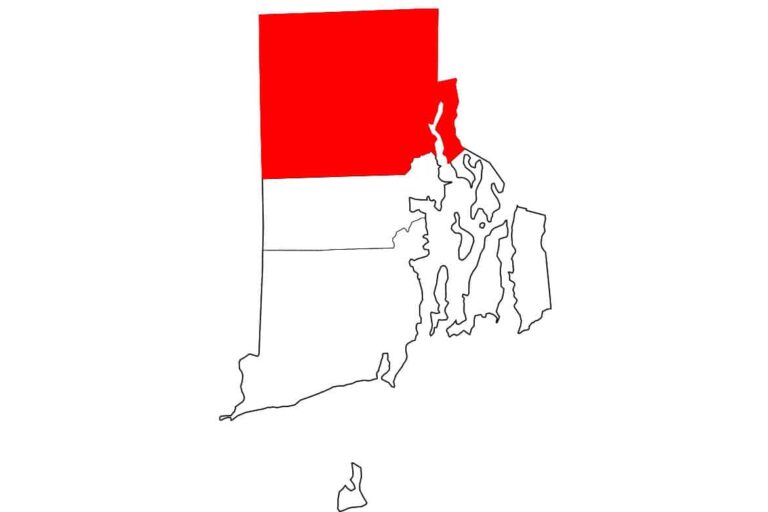
With the current low numbers of new graduates entering equine practice, jobs in the field exceed candidates. This makes finding an associate harder than ever. According to the AVMA, in 2019 there was an average of 0.5 applicants for each open position in private practice, the majority of which were in companion animal practices. With the stresses and pressures of practicing during the pandemic, these figures have undoubtedly gotten even worse. Although the majority of equine practices fared well financially, the increases in workload were a significant burden to most.
Business Briefs, authored by Amy L. Grice, VMD, MBA, are available in each issue of EquiManagement magazine and are brought to you in 2021 in the magazine and monthly online by CareCredit.
When comparing the average companion animal job to a position in the equine sector, the differences in hours worked, compensation and emergency service requirements are generally quite marked. Even those young veterinarians who have dreamed their whole lives of being horse doctors can be discouraged by the large disparities between the two. Because of this, not only do practices need to modify the expectations for equine associates, but they also need to communicate the “New Deal” clearly in their job ads.
The days of an ad that describes all the qualifications that the applicant must possess, then proudly lists all the equipment that the practice owns, are gone. The words “the successful applicant must have a strong work ethic” is now seen as code for excessive work hours that will likely encompass 6-7 days per week. “Salary dependent on experience” now often signals a low rate of pay to those entering the profession.
The entire tone of the description of an open position has changed from the potential employer creating a listing of required attributes and having the power in the exchange to a situation where a practice must sell itself. Because practices are competing for limited help, the well-trained applicant can often write his or her own ticket.
Those practices that attract applicants and successfully hire them usually have advertisements that talk about flexibility, inclusive culture, mentoring and a well-balanced life, because these are the things that matter to the new generation of equine veterinarians. Lamenting the change that is necessary in the industry is common, but facing reality is important. Change is hard, but it is the one constant in life. As the old adage states, doing the same thing repeatedly and expecting a different result is the definition of insanity.
New veterinarians are voting with their feet. It is up to equine practices to change their offerings.
Once changes in the expectations for an associate are accepted by the owners, the advertisement for the position should focus on the things that new equine doctors most care about: a shorter work week, shared emergency duty, time for life outside of work, strong mentoring relationships, a team atmosphere and a culture that is inclusive, ethical and non-competitive.
Because society has become more casual, the language of the ad should mirror this, sounding professional but friendly. Describing the community and the recreational, educational and cultural opportunities is important to attract applicants, especially those bringing families. If there is a chance of partnership in the future, the ad will want to mention this, as about half of equine veterinarians desire to be practice owners, according to research.
Showing your practice brand identity can help attract the “right” applicants. If you get ice cream for the team every Friday, volunteer for Equitarian trips together, or have some other activity that makes your practice stand out from others, be sure to mention it.
By writing an ad that shows that your practice understands how the world of equine practice is changing, you are more likely to attract applicants and retain those that you hire.
Disclaimer: This content is subject to change without notice and offered for informational use only. You are urged to consult with your individual business, financial, legal, tax and/or other medical providers with respect to any information presented. Synchrony and any of its affiliates, including CareCredit, (collectively, “Synchrony”) makes no representations or warranties regarding this content and accept no liability for any loss or harm arising from the use of the information provided. All statements and opinions in the article are the sole opinions of the author. Your receipt of this material constitutes your acceptance of these terms and conditions.








